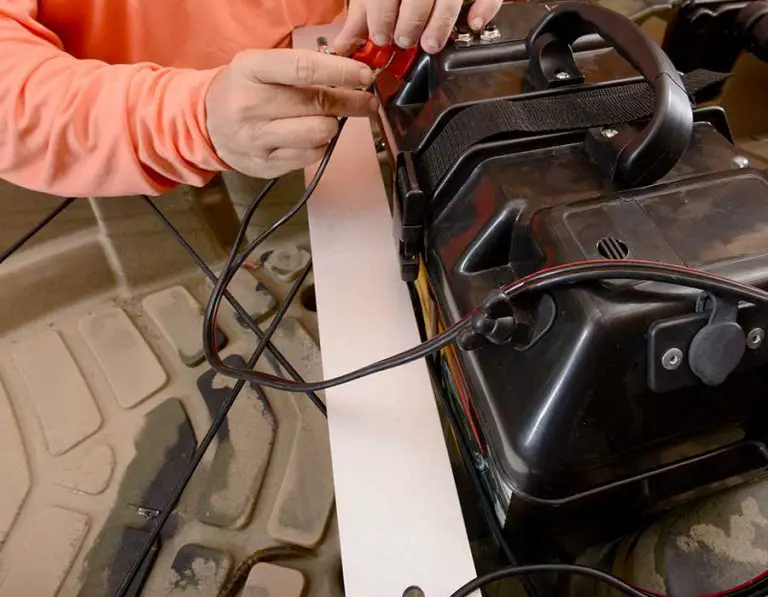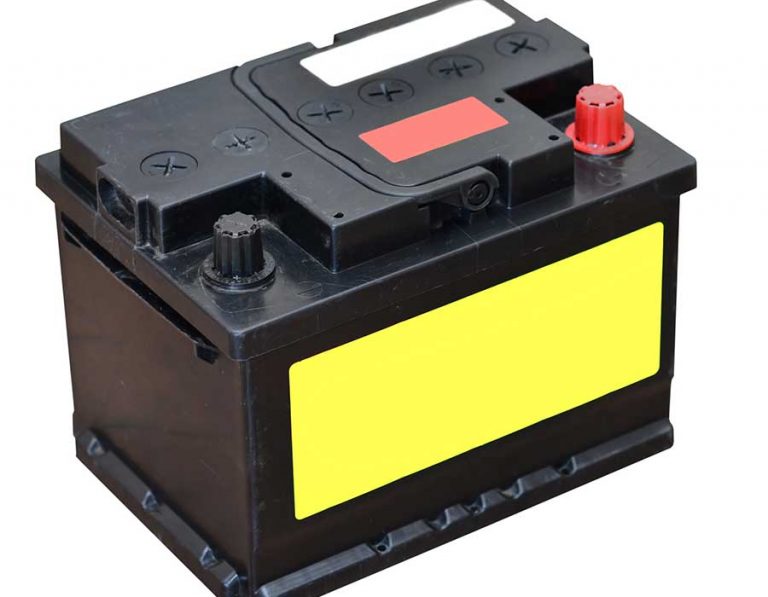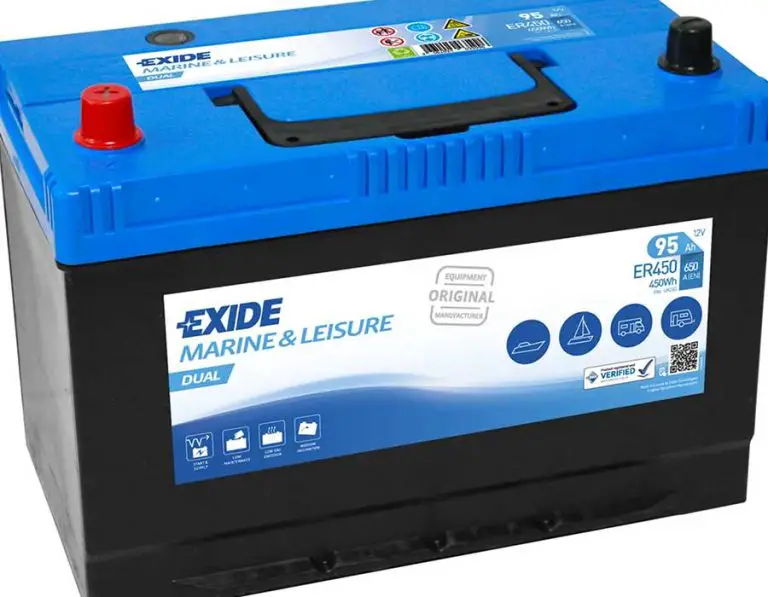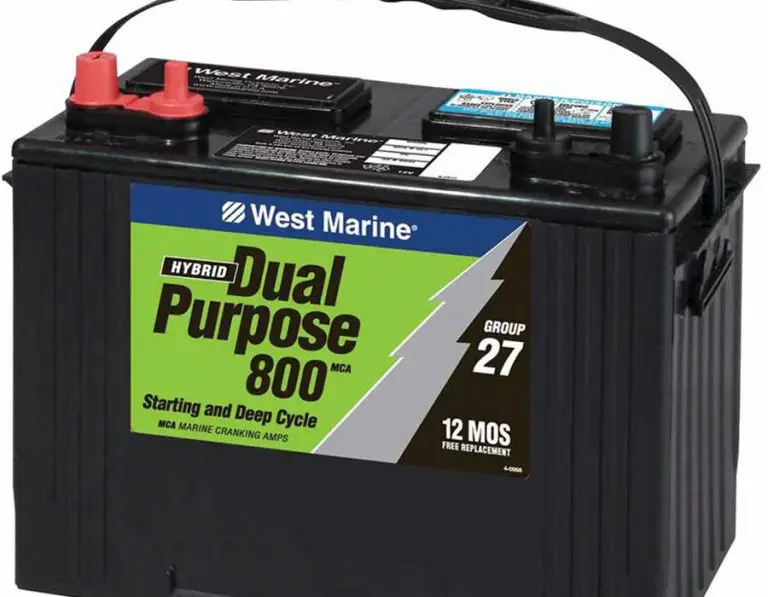Can I Charge My Boat without Disconnecting it?
Understanding the in and out of charging boat batteries is crucial if you want to prevent battery damage from charging. In an attempt to ensure safe charging, frequent questions like “can I Charge My Boat without Disconnecting it?” and “is it necessary to disconnect my boat battery before charging it?” may arise. This article will answer all these questions.
So, can you charge your boat battery without disconnecting it? Yes, you can. It is not necessary to disconnect your boat battery before charging it. However, you can turn off your battery (provided you have a battery switch).
That’s not all; there are more details. Keep reading
Should I Disconnect My Boat Battery before Charging it?
You might be curious about how to charge your battery with the charger you just got. Or If you are concerned about the safety of your battery, this is a question you might want to ask. The answer is no.
There is no need for you to disconnect your battery before charging it. With the battery connected, simply plug the charger in, and your battery will start charging.
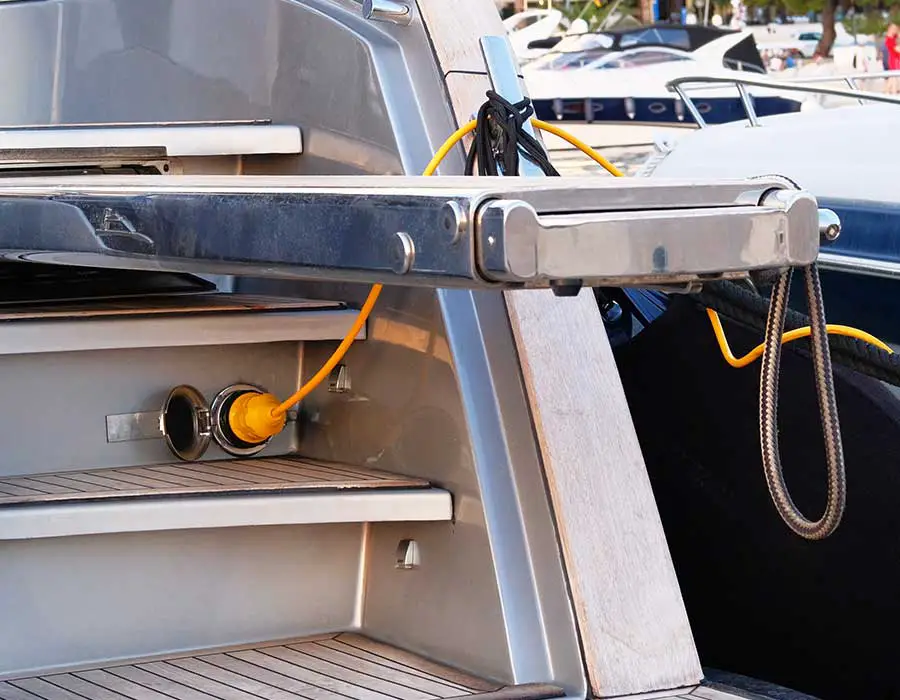
Why Should I Disconnect My Boat Battery?
So, if I don’t need to disconnect my battery to charge it, what would warrant me disconnecting it? If this question has crossed your mind, you’ve found the answer.
There are a few things to consider before deciding to disconnect your battery. These things include how frequently you use your boat, what kind of battery you have, and whether you have a battery charger.
How does battery type affect your decision? If you don’t use your boat regularly, it’s generally a good idea to disconnect your battery if it is a lead-acid battery. These batteries sulfate easily, which reduces their lifespan. So by disconnecting it, you can help keep the battery from sulfating in order to preserve the battery.
If you use your boat frequently, you can leave the battery attached if you use a battery charger to keep it charged.
By doing this, you can make your battery last longer. But if you intend to leave your boat unused for a long time, maybe for some weeks, disconnect the battery and ensure that it is fully charged.
That will make it possible for the battery to sit for an extended period without draining. If you use a wet-cell battery, in addition to making sure it is fully charged, you should remove the top cap from the battery case and fill it to the top with distilled water.
Should I Disconnect the battery from my boat during winter?
Discharged batteries can freeze during winter. When the water inside the battery freezes, it expands, causing damage to the battery. Therefore, you must unplug your boat’s batteries before putting the boat in storage. Keep the battery charged during the winter to stop it from freezing over.
If you leave your battery connected to the boat, you face the danger of greater corrosion and a faster discharge rate. When you leave the battery idle, dirt and debris can find their hiding places therein.
Remove the batteries and store them somewhere dry, cool, and clear of freezing temperatures. (It is advised to do this in garages or storage facilities, on wood surfaces). Batteries should ideally be trickle charged or charged monthly. With this, you get to increase your cell’s lifespan and avoid self-discharge.
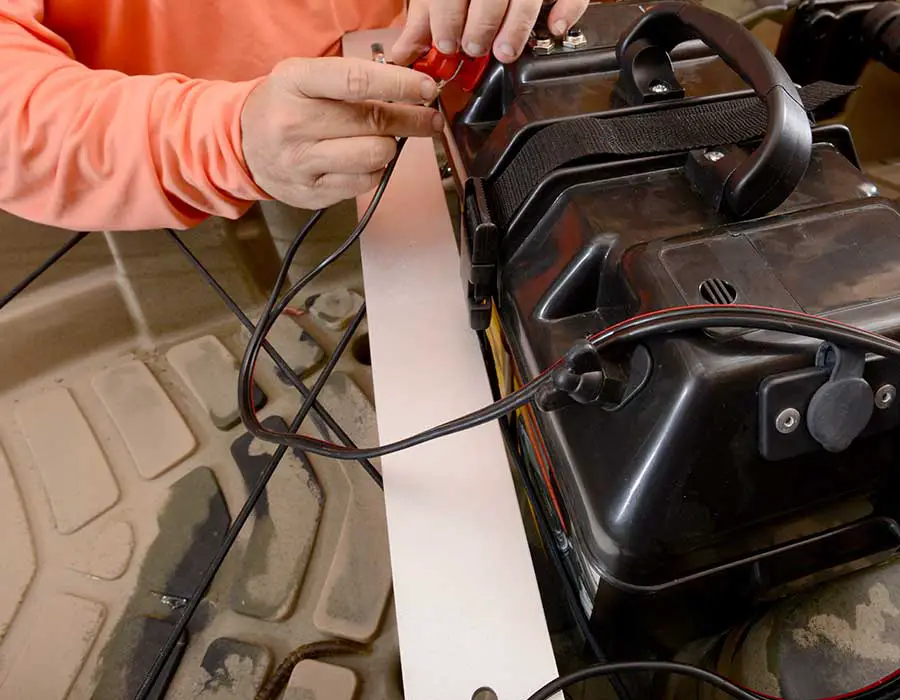
Are there Benefits to Charging My Battery without Disconnecting it?
There are a few advantages to charging your boat battery without removing it. One of them is that it makes it easier to charge the battery.
It can be a headache having to disconnect your battery every time you want to charge it. It even gets more difficult if yours is a kind of boat that its battery is difficult to reach.
Once you plug in the charger, you don’t have to worry about the hassle you’ll face by having to remove and reconnect your charger every time. Thereby allowing it to work by leaving it connected.
There is always a chance of corrosion and terminal damage when you disconnect and reconnect a battery. You can prevent this problem if you keep the battery-powered. Another benefit is that it could make the battery last longer.
How Can I Charge My Boat Battery without Disconnecting it?
If you want to your battery and don’t know how to go about it, don’t worry. Just follow the steps highlighted below.
These steps are for a standard lead-acid battery. Bear in mind that there are different types of boat batteries. There might be a slight difference in the steps to charging them. However, if you understand the parts, it should be straightforward.
- Ensure that the charging voltage is appropriately set.
- Connect the positive clip of the charger to the positive terminal of the battery
- Connect the charger’s negative clip to the battery’s negative terminal.
- Switch on the charger and allow the battery to charge
- If you are using a smart charger, check the LED display to ensure the battery is charging properly.
Is it Bad to Leave Boat Batteries on a Charger?
Would that damage my batteries if I keep the charger plugged in when it’s not in use for a while? No. During this period, the charger just monitors the voltage and no longer supplies power to the battery.
Conclusion
You can safely charge your boat battery without disconnecting it. However, if you do, you might be faced with a risk of overcharging, which will, in turn, damage your battery. But also, when you charge your battery without disconnecting, it saves you the hassle of disconnecting and reconnecting all the time.

